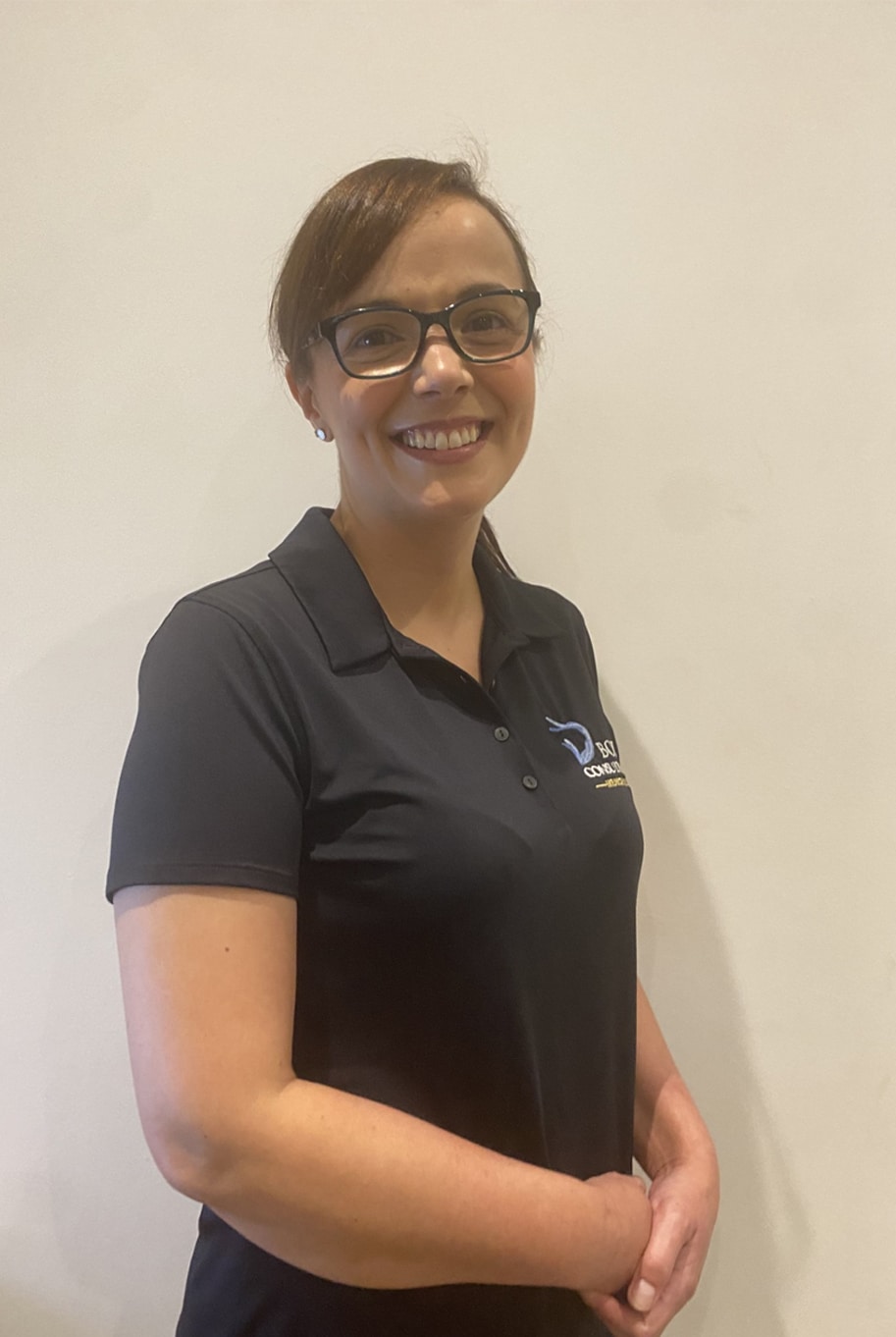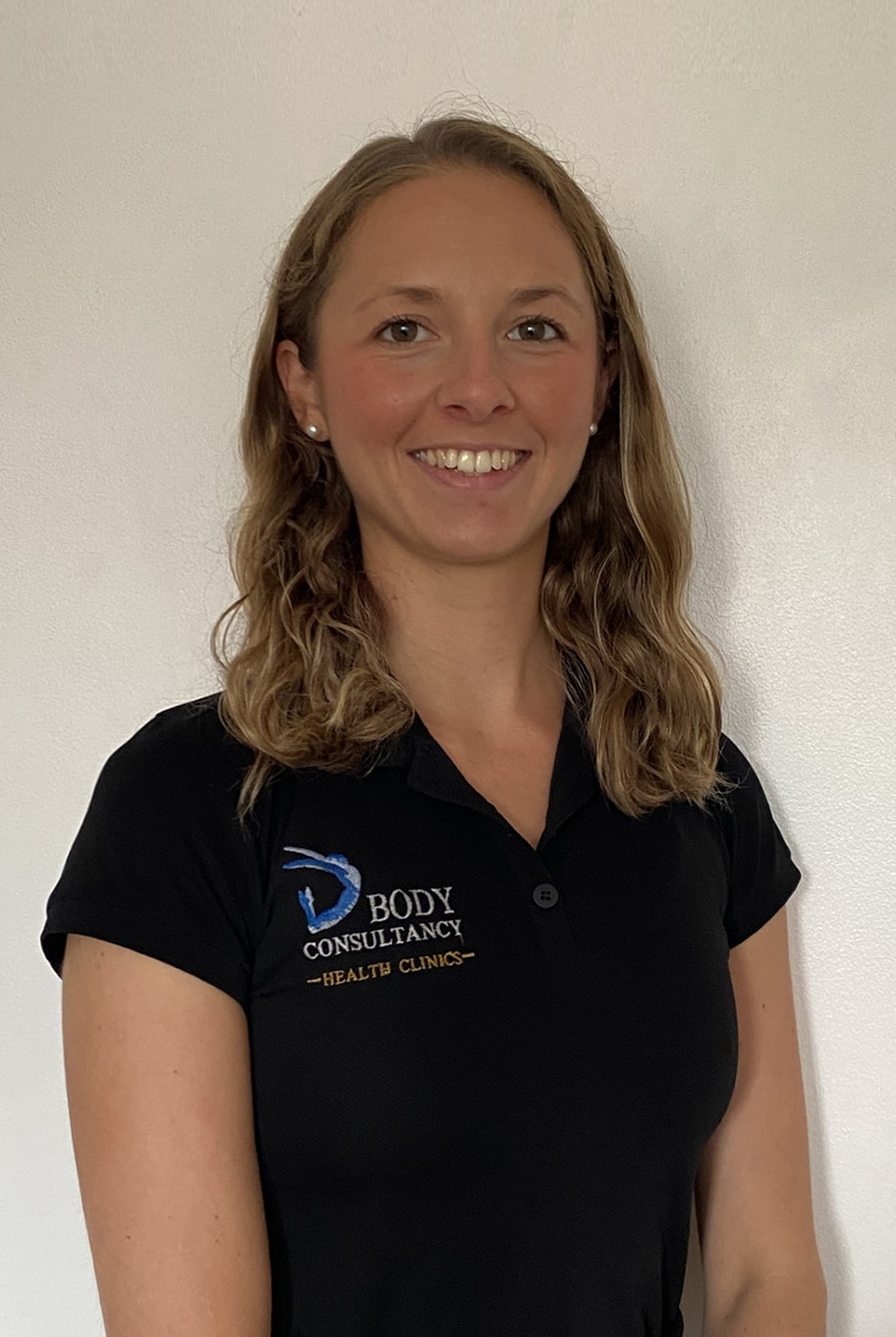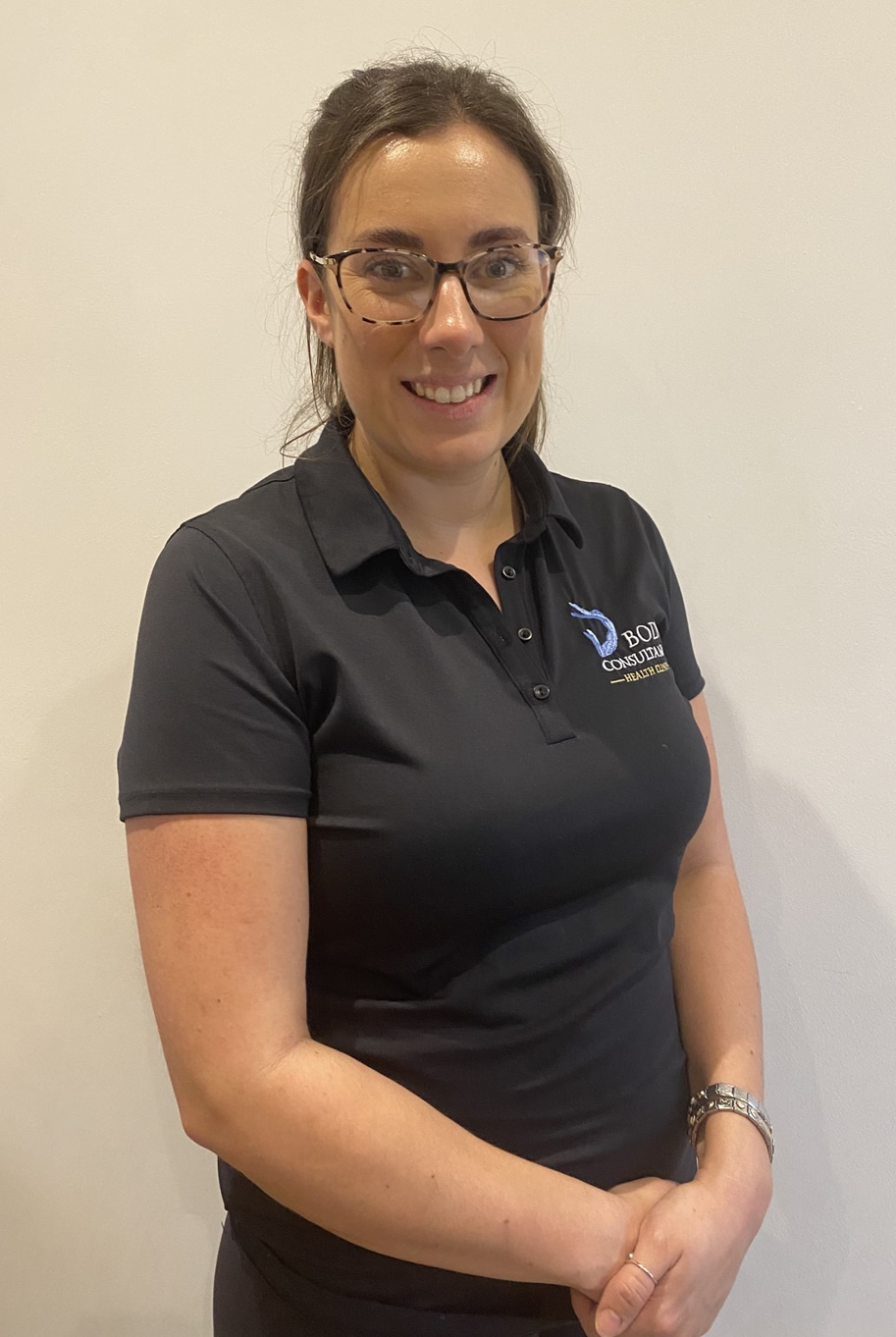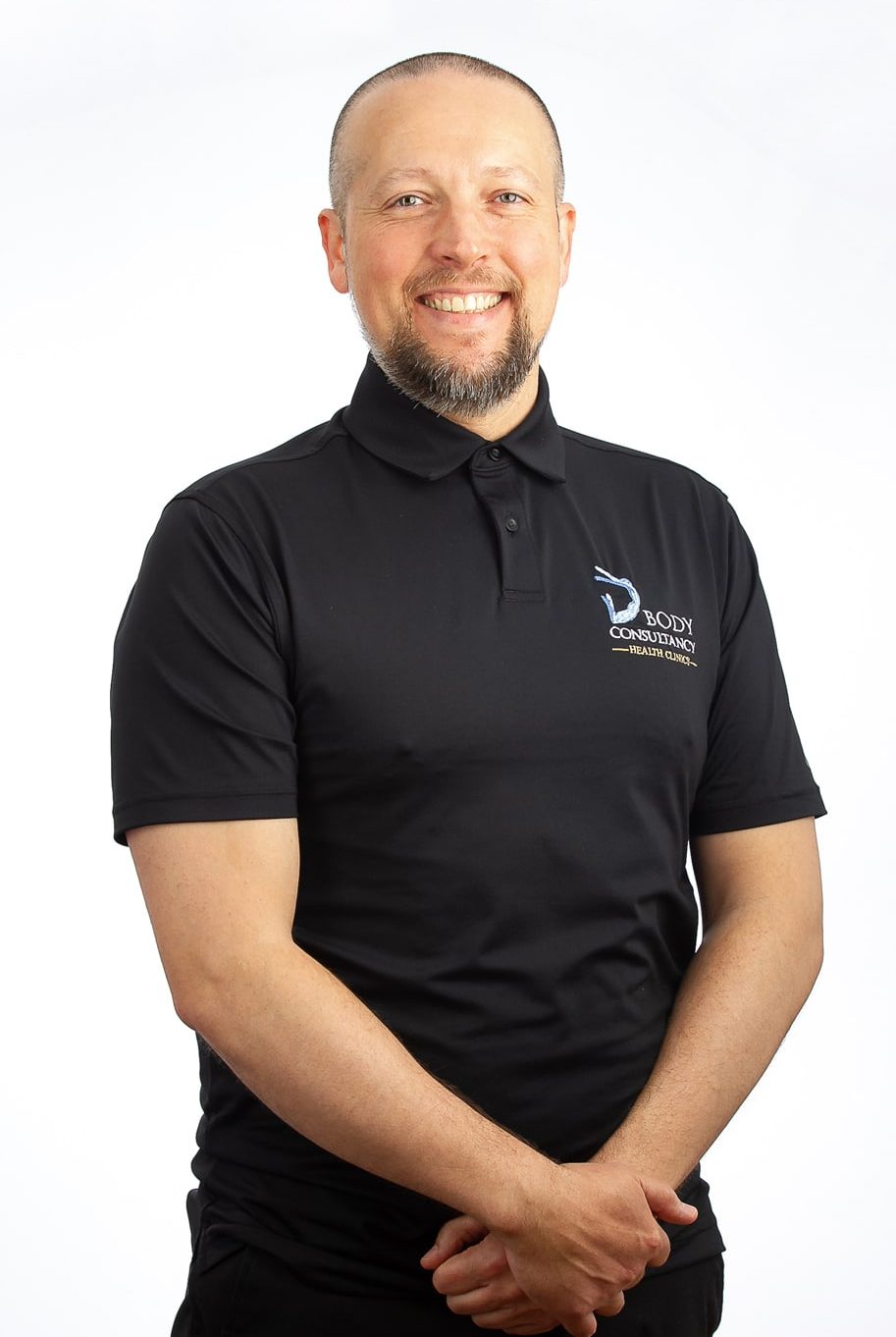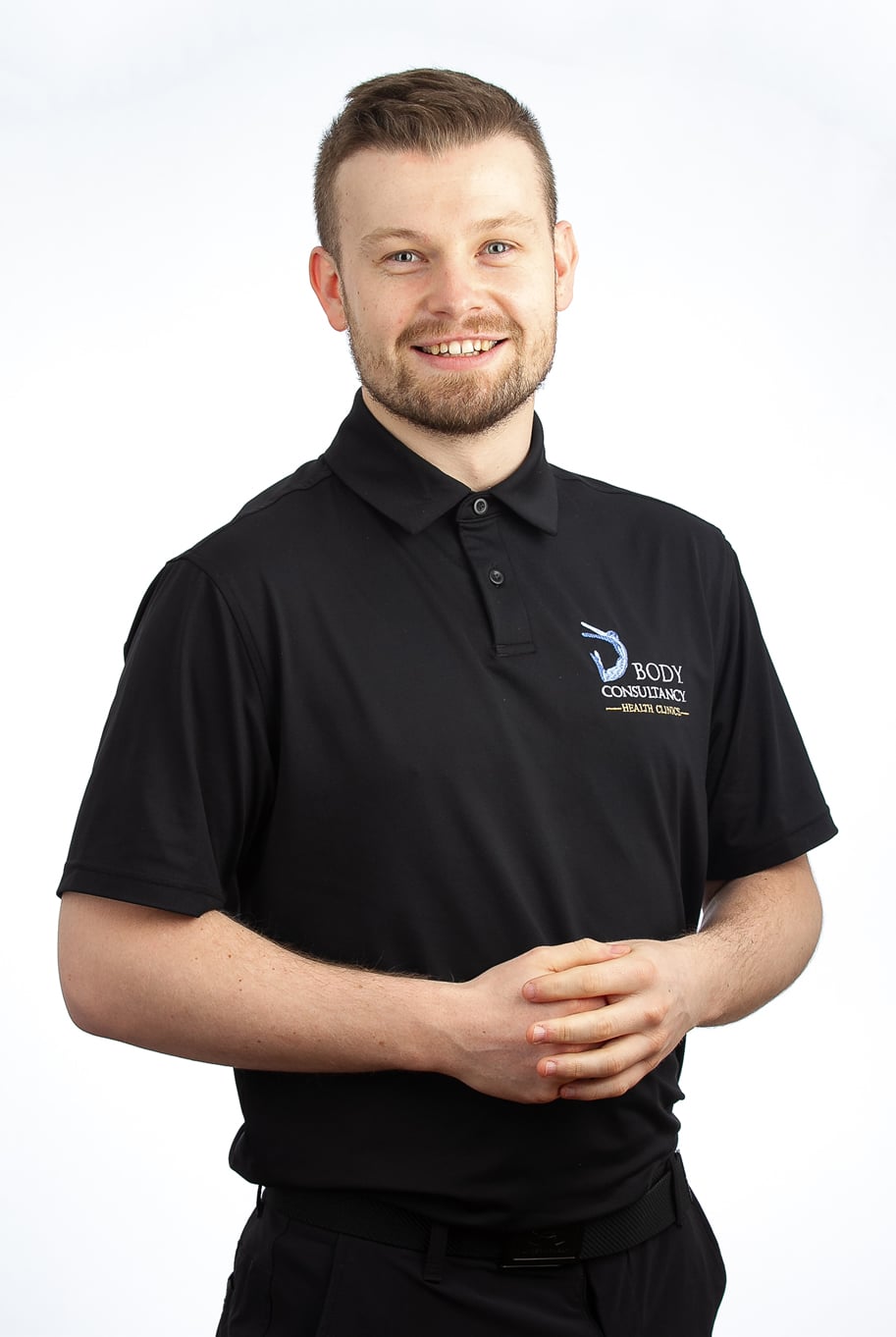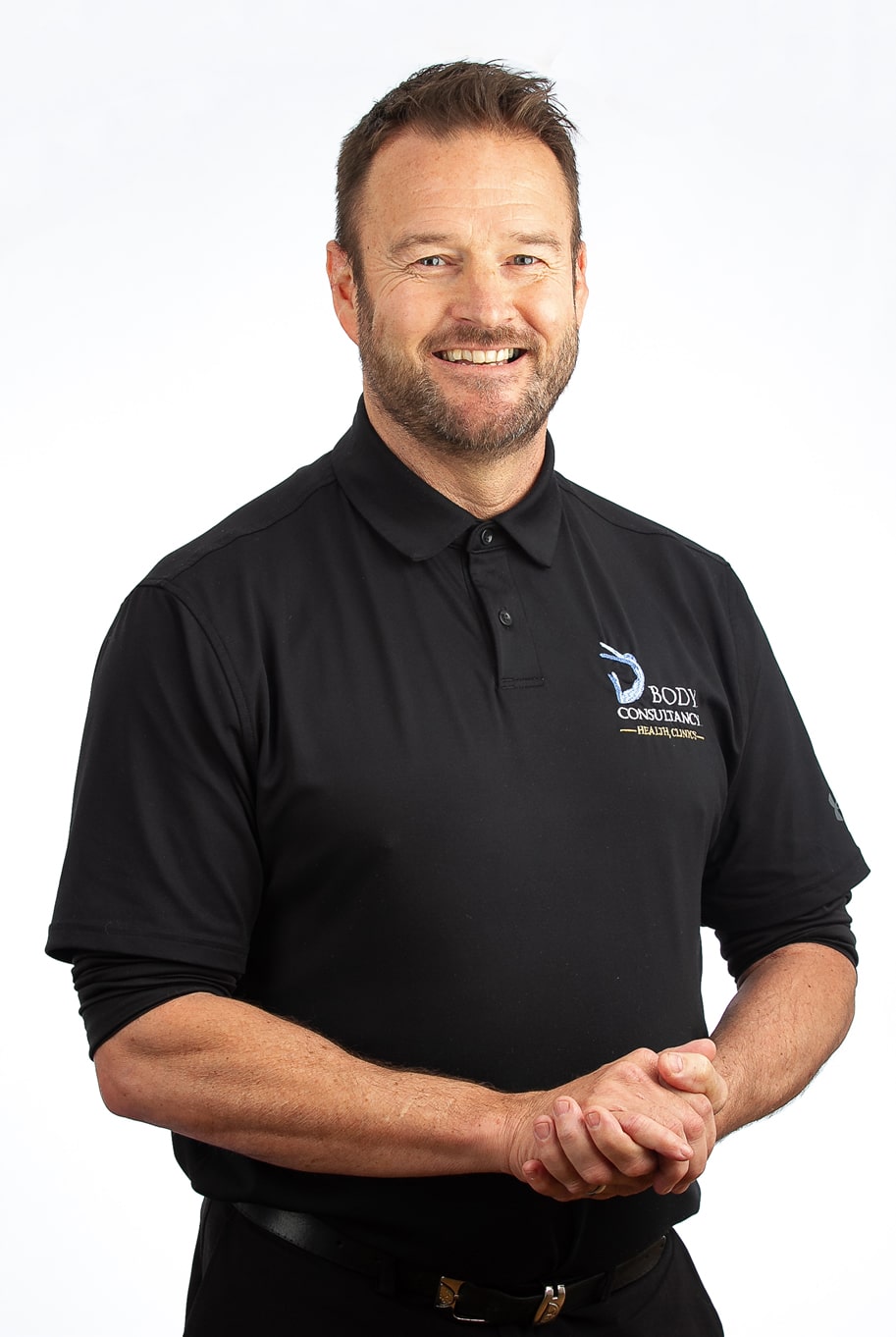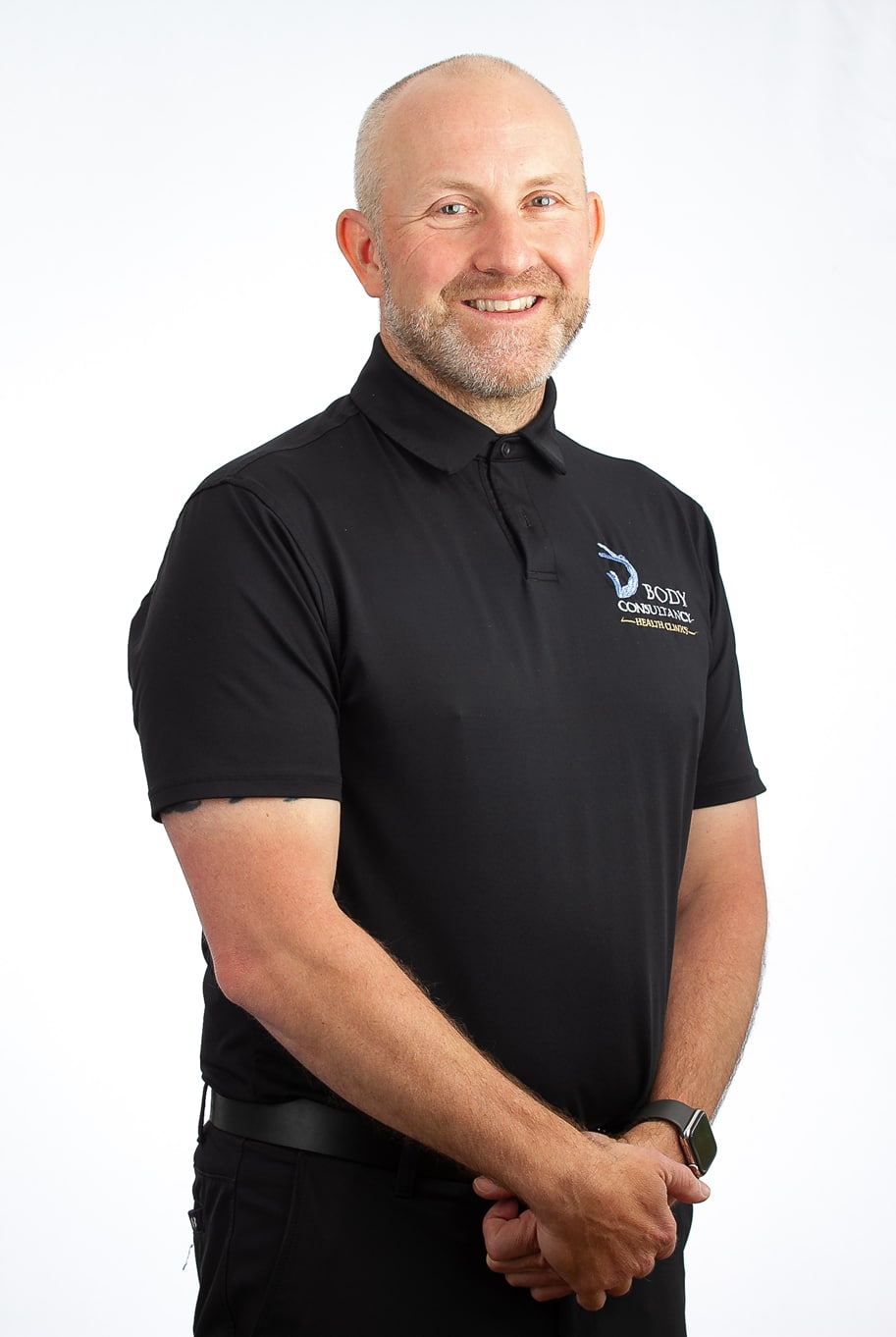Those niggling aches and pains don’t easily clear up by themselves, do they? Especially if your lifestyle involves carrying on doing the things that may well have contributed to the problem in the first place – like long hours spent at your desk or behind the wheel.
And left untreated, even minor aches and pains can quickly get worse or turn into more complex conditions as your body tries to compensate for the injury.
That’s why people come to us for successful treatment of a wide range of conditions from back, neck and sciatic pain to headaches, discomfort in arms or legs, and sports injuries.
You can count on our experienced, qualified physiotherapists to get to the root of your problem quickly and treat you using physical techniques including manual therapy and exercises. By improving your posture and movement we’ll help you increase mobility, flexibility and strength and get you back to your full potential fast – with sound advice to stop your problem reoccurring.
Back and neck pain
Back pain, neck pain and sciatica are common conditions but with many different causes – from bad posture and falling asleep in an awkward position to repeated lifting and twisting or sports-related injuries. Tingling, numbness and aching in the legs or arms are often associated with spinal dysfunction and need to be checked out speedily.
Lower limbs
Our lower legs, ankles and feet are complex structures. The foot alone has more than 26 bones, 33 joints and over 100 muscles, tendons, and ligaments. Even if you’re not an athlete, your feet take a heavy workload to support, move and balance the rest of your body. We’ll study your symptoms closely to identify likely causes and possible treatment options which may include pelvic alignment, foot biomechanics and muscle balance.
Shoulders and arms
Wrist pain, hand pain, frozen shoulder, tennis elbow, shoulder impingement – the list of common complaints affecting upper limbs is literally as long as your arm! Physiotherapy is ideal for retraining shoulder movement, remobilising the joint, and relieving impingement of trapped tendons. It’s the same for tendonitis in the form of tennis or golfer’s elbow caused by inflammation of structures of the elbow and with wrist and hand pain. Physiotherapy can help to reduce the pain of inflammation and retrain movement.
Headaches
Many people come to us with headaches caused by stress, tension, poor posture or injury. When the upper spine and associated muscles become tight and dysfunctional, headaches can often be the result.
Sports injuries
We love all sports – but they do carry the risk of injuries (sometimes through overuse) from knee ligament problems and ankle ligament sprains to muscular strains, tennis elbow, groin pain, hip pain, and tendonitis. All these debilitating conditions respond well to physiotherapy, and we treat everyone from young footballers to professional athletes and older recreational runners. Our exercise rehabilitation programmes often involve coaches and parents who are part of the team!

